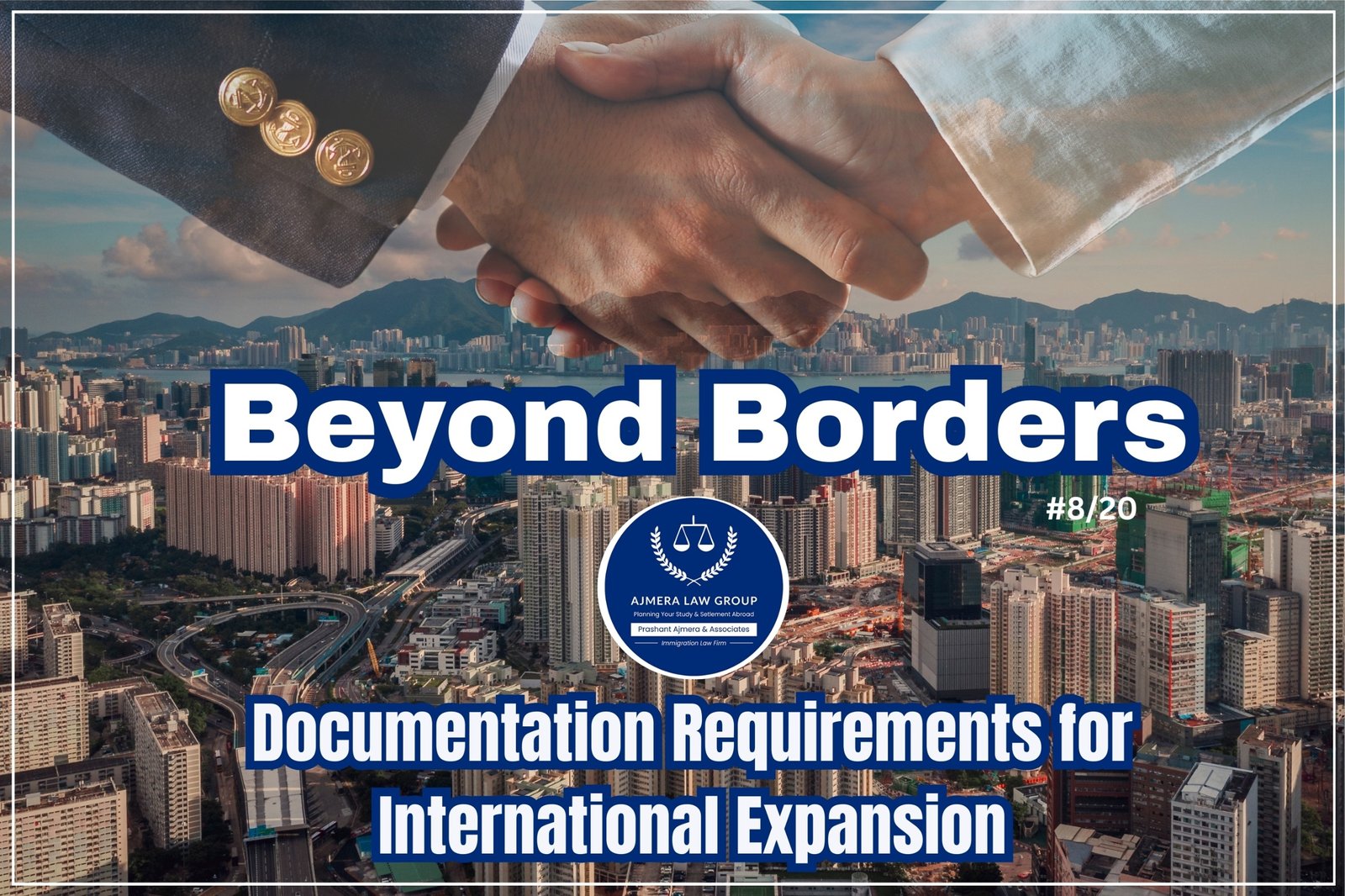Beyond Borders: Documentation Business Requirements for International Expansion
Expanding a business internationally opens doors to new opportunities but also comes with significant regulatory responsibilities. For Indian companies, compliance involves aligning with the Reserve Bank of India (RBI) guidelines as well as adhering to the laws and procedures of the host country. This blog focuses on the essential documentation requirements for establishing overseas operations, ensuring that businesses achieve a smooth and compliant international expansion.
1. Essential Documents for Overseas Business Setup
a) Foreign Inward Remittance Certificate (FIRC)
- Purpose: Serves as proof of funds received from foreign sources in India. It ensures compliance with FEMA regulations and RBI guidelines related to foreign investments.
- When Required:
- While remitting capital contributions to overseas subsidiaries or branch offices.
- During submission of Form ODI (Overseas Direct Investment) to the RBI.
- How to Obtain: Issued by an Authorized Dealer Bank upon receipt of foreign funds. Issuance requires details such as the remitter’s information and the purpose of the transfer.
b) Charter Documents
- Definition: The foundational legal documents of a company, including the Memorandum of Association (MOA) and Articles of Association (AOA).
- Purpose: Necessary for registering a subsidiary or branch in the target country; they outline the company’s structure, scope of business, and governance framework.
- Indian Context: Documents must align with the Companies Act, 2013. Many jurisdictions also require notarization, translation, or legalization before acceptance.
c) Board Resolutions
- Purpose: Formalize company decisions related to foreign expansion, such as opening new offices abroad or transferring funds overseas.
- Key Inclusions:
- Approval for investments and remittances.
- Appointment of authorized signatories for overseas operations.
- Compliance: Must not conflict with the company’s MOA and AOA. In some countries, notarization or embassy attestation may also be mandatory.
2. Role of the Indian Embassy in Document Attestation
Embassy attestation is often required to establish the authenticity of documents originating in India before they are valid abroad.
- Why It’s Necessary:
Ensures that documents like powers of attorney, MOA, AOA, and agreements are legally recognized overseas. - Key Embassy Functions:
- Verification: Confirms the identity of signatories and authenticity of documents.
- Legalization: Provides official authentication through stamps and seals.
- Coordination: Acts as a bridge between Indian businesses and foreign authorities.
- Process for Embassy Attestation:
- Prepare and notarize the required documents in India.
- Submit them to the Ministry of External Affairs (MEA) for apostille or attestation.
- Obtain final attestation from the Indian Embassy in the host country.
3. Country-Specific Documentation Requirements
Each jurisdiction has unique documentation requirements for foreign businesses.
- United States (US):
- Federal Employer Identification Number (EIN).
- State-specific business registration certificates.
- Apostille and notarization for key documents like Board Resolutions.
- United Arab Emirates (UAE):
- Attested parent company MOA and AOA.
- Proof of capital contribution or bank guarantee for branch setup.
- Enhanced role of the Indian Embassy in authentication and legalization.
- United Kingdom (UK):
- Parent company’s Certificate of Incorporation.
- Apostilled versions of MOA and AOA.
- Embassy interaction not strictly mandatory but advisable for high-value or sensitive transactions.
4. Practical Considerations for Indian Businesses
- Streamlining Documentation Processes:
- Engage professional consultants or legal experts for preparing, reviewing, and notarizing documents.
- Maintain a centralized repository of updated company documents to avoid last-minute delays.
- Coordinating with Stakeholders:
- Work closely with Authorized Dealer banks for smooth issuance of FIRC and financial reporting.
- Liaise with Indian embassies and host-country authorities to ensure documents align with local formats.
- Common Challenges:
- Procedural delays in notarization and embassy attestation.
- Meeting document format, translation, and legalization requirements in multiple jurisdictions.
Conclusion
Proper documentation forms the backbone of any successful international expansion. By carefully preparing and verifying documents in compliance with Indian regulations and the target country’s legal framework, businesses can avoid costly delays and legal complications.


